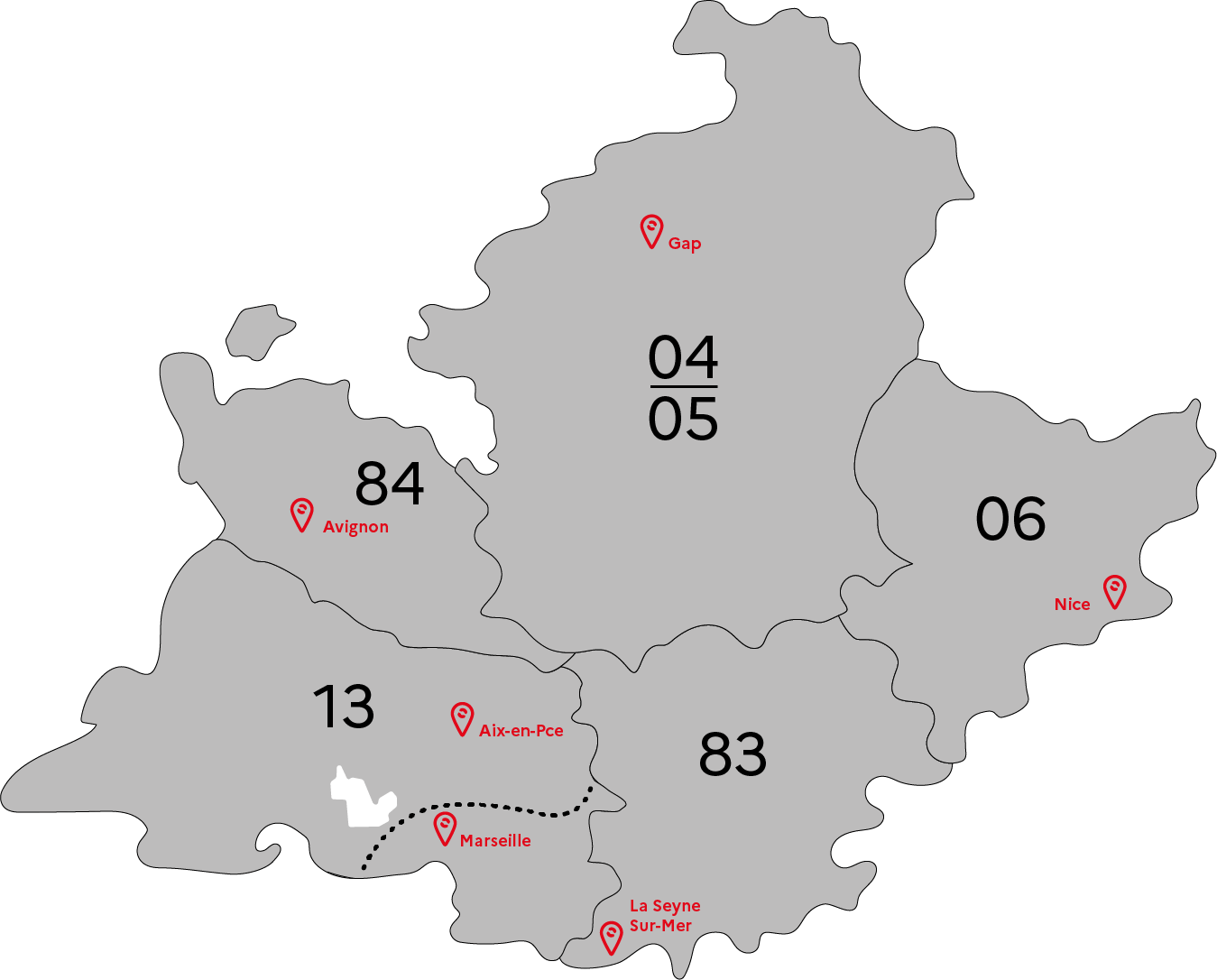The training is based on the acquisition of the following skills:
- Situate his/her place, role, responsibilities and limits
- Guarantee the hygiene and comfort of people (including rest conditions)
- Intervene effectively in the face of a medical emergency or accident situation and, in compliance with the establishment's organisation and the specific procedures laid down in terms of prevention, mobilise his/her skills for the benefit of health and safety at work
- Apply the establishment's surveillance and control procedures
- Sound the alarm in the event of fire and implement the first aid resources, without waiting for the arrival of specially designated personnel
- Prevent the risks of occupational wear and tear associated with night work.
Modules common to the "Maître(sse) de Maison" training course : 126 hours
-Institutional framework of the role and professional posture; -Working in a multidisciplinary team; -Publics and issues; -Foundations and methods of support; -Communicating and informing; -Managing emergency situations and tensions; -Procedures and standards for the safety of property and people; -Methodological support on the professional dossier; -Methodological support for the viva.
Modules specific to the Qualified Night Supervisor course: 77 hours
-Role and function of the night supervisor; -Techniques to ensure the hygiene and comfort of people; -Apply surveillance and control procedures; -Safety of people and property - Health and safety at work
(SST certificate); -Managing medical and psychological emergencies; - Managing fire risk, implementing first aid in the event of a fire (EPI certificate); -Managing night work more effectively.
Certification: Attestation de qualification aux fonctions de Surveillant(e) de Nuit Qualifié(e) issued by the CPNE de la Branche sanitaire, sociale et médico sociale.
Previous experience taken into account For employees:
Work experience in the sector and prior training
For jobseekers:
Experience taken into account on the basis of a discovery or assessment period in the workplace of at least 10 days or a certificate from an employer corresponding to the target job or a period of work-linked training.
10 people
Positioning upstream of entry to the training course.
Interviews, remediation with the educational referent and/or company referent during the course.
Taking account of beneficiary satisfaction during and at the end of the training course.
For beneficiaries with disabilities: possible adaptation of training and certification arrangements, support by the GRETA-CFA TH referent.
EN-certified teachers, Bac +3 trainers with significant experience in adult education, professional lecturers
Professional portfolio
Interview with a professional jury
Access for people with disabilities
Accessible to people with disabilitiesSuccess rate: 100%
Satisfaction rate: 90%
Integration rate into employment: 100%
GRETA-CFA Provence
GRETA-CFA Provence
FORPRO-PACA
Réseau Formation Professionnelle
de l'Éducation nationale
FORPRO-PACA IS HIRING
LINKS
